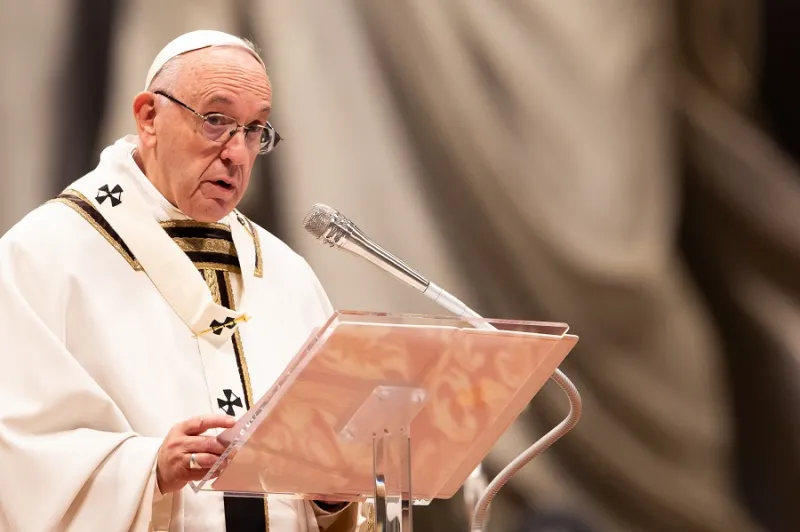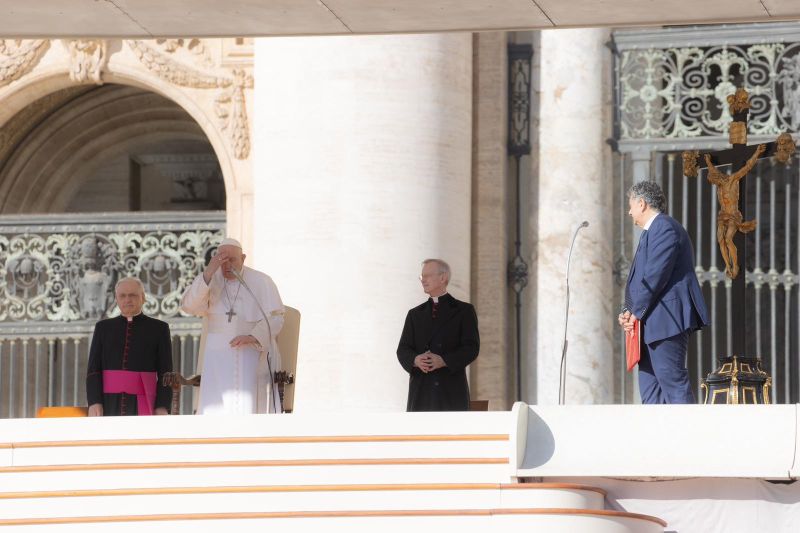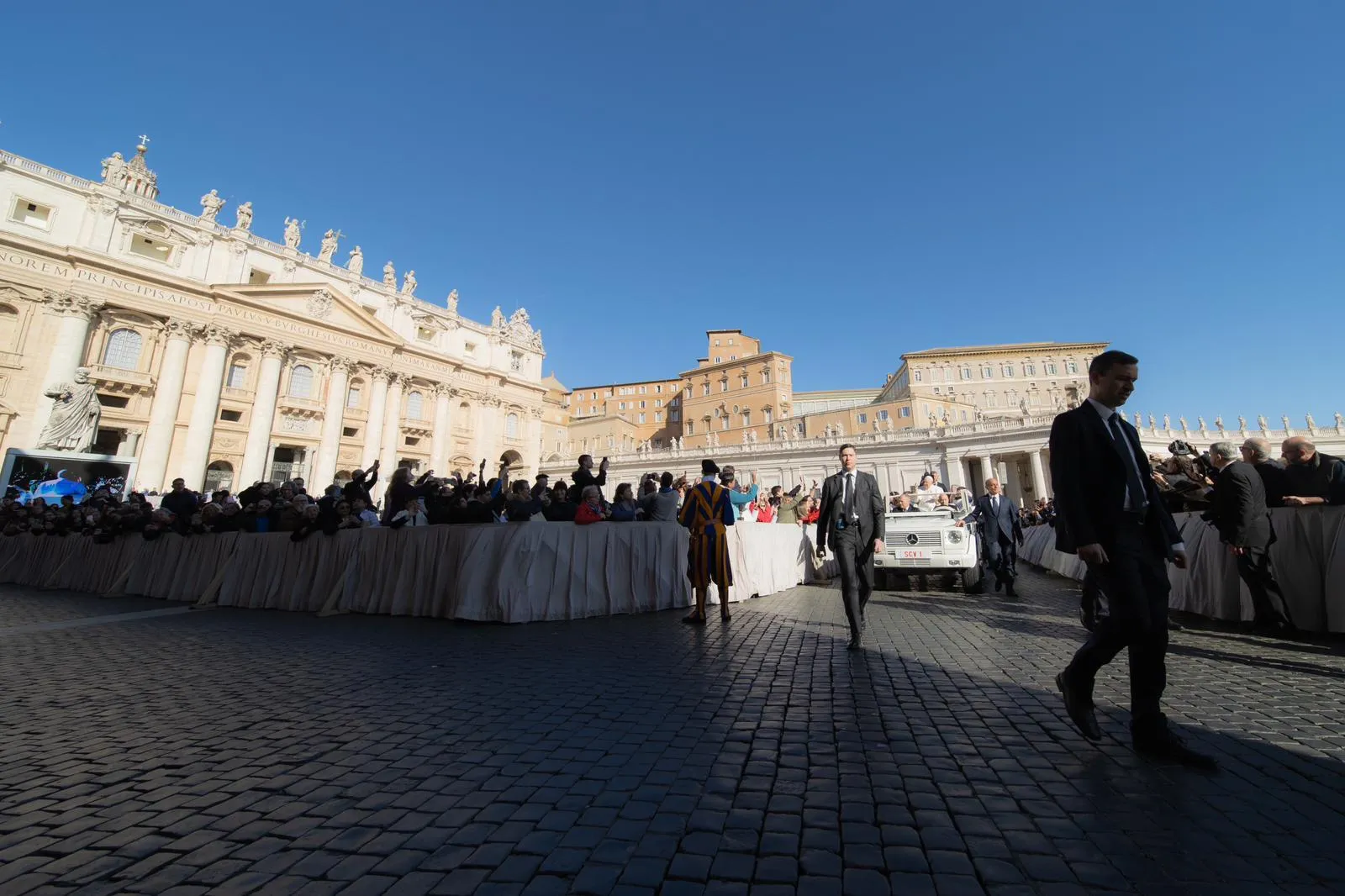
Jean Twenge’s book iGen is one of the most fascinating—and depressing—texts I’ve read in the past decade. A professor of psychology at San Diego State University, Dr. Twenge has been, for years, studying trends among young Americans, and her most recent book focuses on the generation born between 1995 and 2012. Since this is the first cohort of young people who have never known a world without iPads and iPhones, and since these devices have remarkably shaped their consciousness and behavior, Twenge naturally enough has dubbed them the “iGen.”
One of her many eye-opening findings is that iGen’ers are growing up much more slowly than their predecessors. A baby-boomer typically got his driver’s license on his sixteenth birthday (I did); but an iGen’er is far more willing to postpone that rite of passage, waiting until her eighteenth or nineteenth year. Whereas previous generations were eager to get out of the house and find their own way, iGen’ers seem to like to stay at home with their parents and have a certain aversion to “adulting.” And Twenge argues that smartphones have undeniably turned this new generation in on itself. A remarkable number of iGen’ers would rather text their friends than go out with them and would rather watch videos at home than go to a theater with others. One of the upshots of this screen-induced introversion is a lack of social skills and another is depression.
Now there are many more insights that Dr. Twenge shares, but I was particularly interested, for obvious reasons, in her chapter on religious attitudes and behaviors among iGen’ers. In line with many other researchers, Twenge shows that the objective statistics in this area are alarming. As recently as the 1980s, 90% of high school seniors identified with a religious group. Among iGen’ers, the figures are now around 65% and falling. And religious practice is even more attenuated: only 28% of twelfth graders attended services in 2015, whereas the number was 40% in 1976. For decades, sociologists of religion have been arguing that, though explicit affiliation with religious institutions was on the decline, especially among the young, most people remained “spiritual,” that is to say, convinced of certain fundamental religious beliefs. I remember many conversations with my friend Fr. Andrew Greeley along these lines.
But Twenge indicates that this is no longer true. Whereas even twenty years ago, the overwhelming number of Americans, including youngsters, believed in God, now fully one third of 18 to 24 year olds say that they don’t believe. As late as 2004, 84% of young adults said that they regularly prayed; by 2016, fully one fourth of that same age cohort said that they never pray. We find a similar decline in regard to acceptance of the Bible as the Word of God: one fourth of iGen’ers say that the Scriptures are a compilation of “ancient fables, legends, history, and moral precepts recorded by men.” Her dispiriting conclusion: “The waning of private religious belief means that young generations’ disassociation from religion is not just about their distrust of institutions; more are disconnecting from religion entirely, even at home and even in their hearts.”
Now what are some of the reasons for this disconnect? One, Twenge argues, is the iGen preoccupation with individual choice. From their earliest years, iGen’ers have been presented with a dizzying array of choices in everything from food and clothes to gadgets and lifestyles. And they have been encouraged, by practically every song, video, and movie, to believe in themselves and follow their own dreams. All of this self-preoccupation and stress upon individual liberty stands sharply athwart the religious ideal of surrendering to God and his purposes. “My life, my death, my choice” (a rather iGen friendly motto which I recently saw emblazoned on a billboard in California) sits very uneasily indeed with St. Paul’s assertion, “whether we live or we die, we are the Lord’s.”
A second major reason for iGen dissatisfaction with religion is one that has surfaced in lots of surveys and polls, namely, that religious belief is incompatible with a scientific view of the world. One young man that Twenge interviewed is typical: “Religion, at least to people my age, seems like it’s something of the past. It seems like something that isn’t modern.” Another said, “I knew from church that I couldn’t believe in both science and God, so that was it. I didn’t believe in God anymore.” And a third—also attested to in lots of studies—is the “antigay attitudes” supposedly endemic to Biblical Christianity. One of Twenge’s interviewees put it with admirable succinctness: “I’m questioning the existence of God. I stopped going to church because I’m gay and was part of a gay-bashing religion.” One survey stated the statistical truth bluntly enough: 64% of 18-24 year olds believed that Christianity is antigay, and for good measure, 58% of those iGen’ers thought the Christian religion is hypocritical.
Dismal stuff, I know. But Dr. Twenge performs a great service to all those interested in the flourishing of religion, for she lays out the objectivities unblinkingly, and this is all to the good, given our extraordinary capacity for wishful thinking and self-deception. Further, though she doesn’t tell religious educators and catechists how to respond, she unambiguously indicates what is leading this most unreligious generation in our history away from the churches. Her book should be required reading for those who wish to evangelize the next generation.
If you value the news and views Catholic World Report provides, please consider donating to support our efforts. Your contribution will help us continue to make CWR available to all readers worldwide for free, without a subscription. Thank you for your generosity!
Click here for more information on donating to CWR. Click here to sign up for our newsletter.








They are spoiled. They are easily led. They want to fit in, just like the Baby Boomers when they trumpeted free sex, drugs and rock and roll. But above all, these pampered little ones also KNOW that something is wrong in their lives. They feel the shallowness, but don’t know what the answer is. This is the most fertile mission area in years and years. Get to work.
It’s not so much that some of them are spoiled, as that all of them have been heavily propagandized toward SJW secularism their entire lives. That propaganda has taken root and has mostly choked out the grass. The young are taught that the legacy of European Christian civilization is — uniquely among all ages and ethnicities — wicked, violent, anti-intellectual, bigoted, and oppressive. They are taught this even at so-called Catholic institutions.
The Church should be offering an alternative viewpoint, glorifying God by extolling truth and beauty. She should be conducting her own affairs transparently, confidently defending rational inquiry in all fields, and reverently worshipping God in His transcendence instead of man in his pride. Instead the Church acts like a troubled adolescent consumed by self-hatred and reduced to cutting oneself.
Liturgy and devotions are always subject to charges of being dreary and perfunctory, but where once their rebuttal was being rooted in centuries of tradition that formed saints, it is now that they were duly approved by committees of greying Baby Boomer women (only some of whom have XX chromosomes).
Philosophy and apologetics are dead; today the Church won’t even take her own side in an argument. The Church should be preaching Christ and Him crucified, not joining a me-too chorus of leftist politics. As long as she drifts with the current, advocating for unlimited immigration, socialism, and LBGTQWERTY causes, she is worse than useless: she is treasonous against the very principles upon which Western Christian civilization was built.
Excessive choices is a problem, but it’s not *this* problem.
Yes. If there is a suvery of fall-away millenial Catholics it will need to have a more comprehensive set of questions. What difference does narcissism make if the Roman Catholic religion (especially its liturgy) doesn’t offer a way out of that narcissism?
Catholosim is beautiful Faith is the first. Stand fast and strong do not waiver in your beliefs. Be a pillar of light and bring others to Christ. Although we may sin God knows what’s in our hearts. Go to confession, pray and each day thank him. Pray for your enemies as something happened to them to make them that way. God allows something’s to happen for the greater good. What makes us who we are is the road we have walked. Each day do an act of kindness. May the peace of the Lord be with us.
St Paul wrote the “Church” is without spot or stain. Christ is the Church and all those united in purity with Christ are “in” the Church. So, you had better be careful how you speak/write of the Church because you write of Christ Himself. The distinction is that there are many who profess to be “catholic” who have positions of leadership in the Church who are anything but Catholic. By their beliefs and their practices, though they believe they “serve” the Church, they have set themselves apart from the true Church and are outside the union of God and man by virtue of their sinfulness, their misleading teachings and their arrogance. Your comments are great except for your use of the word “Church.” We must all be careful to distinguish this difference.
Not sure what is happening in the Protestant world, but our priests and bishops, whether or not they are nice guys, have been shamefully negligent in catechizing us. We need to grow and stop blaming the secular world for people’s rejection of religion. You cannot be everyone’s best friend and have lots of allies in the political world (especially if the politicians in your area are predominantly Democrat) and still be an effective Catholic teacher and leader. It is just not possible. Priests and bishops have for far too long chosen the easier path (I am not sure most priests even believe what the Catholic Church teaches) and the results are this depressing article.
More like their education is pathetic in history and even remedial logic.
Little wonder that they tend to shout down any attempt at debate at the college level. A high school graduate from the fifties would have ate them for lunch.
Great review. The culture is now so thoroughly digital and visual, it is hard to know where to start. But I think maybe the sanest path is to stick to the most conservative path. Real life is usually long, and where the grace of God is present has a way of shaking people back to the essential facts. For so many others, all the techniques in the worlds will make no difference in the long run. I guess I sound like a Jansenist… These days that can’t be much worse than a Jesuit!
I think Craig nailed it.
I would also add a crucial thing that Bishop Barron himself stated a few short years ago: most “Catholic” schools, even “the best ones” teach “coloring-book Catholic-ism.” The speech was on video – I think at a Magnificat Conference, and at the end he made his case, something like this: “My niece is in the “top Catholic high school” in Chicago. I was visiting my brother’s family and noticed her text books. All math and science subjects had sterling and demanding text books “brimming with complexity,” for literature she was reading Shakespeare. The exception was the “Catholic” text book, which he called a thin, floppy covered piece of infantalizing junk at the level of a coloring book. No evidence whatsoever of the richness and beauty of Catholic theology, or it’s great intellects old or new, like Aquinas, More, Borromeo, or Guardini, etc. The school as an establishment did NOT think the Catholic faith was a serious subject. Then-Father Barron railed against this – as well he should.
So there it really is: the “Catholic” establishment itself teaches that the Catholic faith is not a serious matter.
Now Bishop Barron – since Bishops are 1st and foremost teachers of the faith – is in a better position to do something about this problem. I wonder if he will – I hope so.
I have to find more fault with the parents of this generation than with their iphones. Children need to be evangelized by their families – required to go to mass each week, encouraged in prayer life and community life within the church. So many families I know (and we don’t do as well as we should) are so LIMP in their faith walk as a famiy – missing mass for no reason, never praying as a family, not encouraging the kids to participate in church activities…praying the rosary as a family, going to confession as a family? That would be extreme to so many! It’s all about consumerism and sports in my suburban world. Parents need to start with themselves, live their faith out vibrantly within the home and parish, and expect more from their kids.